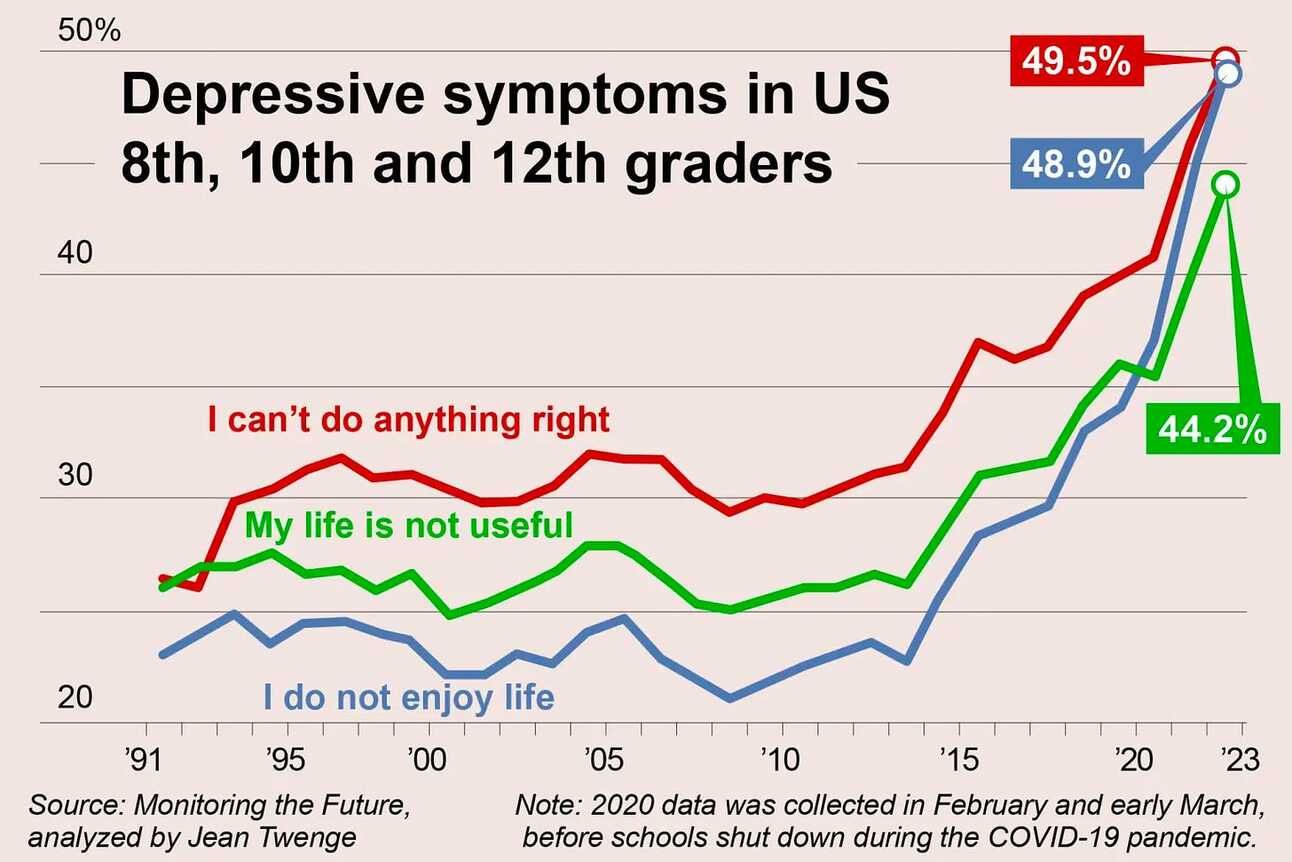- Headlines
- Posts
- ☁️🍄 Issue No. 022: The Great Ketamine Comedown
☁️🍄 Issue No. 022: The Great Ketamine Comedown
after the high, the economics
Welcome back to Headlines, folks. Just in time for the summer solstice, our community has crossed 2K! 🥳 Really grateful to have all of you here.
To inform this article, I chatted with Jimmy Qian, co-founder and president at Osmind, a psychiatry and ketamine EHR that has raised ~$60M to fund breakthrough mental health research. Fun fact: Jimmy also happens to be an old high school friend. Go Warriors! :)

THE GREAT KETAMINE COMEDOWN
Ketamine-assisted therapy is well past the orbit of niche medical circles and clearing escape velocity — and public interest has never been higher.
Yet, the clinics and startups pioneering the movement have been falling left and right. What’s going on here?
CLINIC COLLAPSE
In Issue No. 001: Down the K-Hole, we covered Irwin Naturals’ bid to become the “Coca-Cola first mover” of psychedelic mental health.
The nutraceuticals maker went on a shopping spree last year, rolling up 17+ ketamine clinics, acquiring Ketamine Media, and signing an LOI to purchase ketamine provider Braxia Scientific for $30M. It was also in negotiations with 24 more locations, with its eye on 55 more by the end of 2023.
But in the months since, momentum has stalled; it reneged on agreements to buy several clinics and disengaged from its Braxia Scientific deal. This May, it reported that it defaulted on debt.
And it’s not just Irwin. Like falling dominoes, the ketamine clinic collapse is rippling across the industry.
Field Trip gone south. The VC-backed darling of the ketamine boom, Toronto-based Field Trip Health raised nearly $100M and had grand visions of owning and operating 75 clinics across the world by 2024. But this March, the startup closed five clinics, laid off staff, and sought CCAA protection (an alternative to bankruptcy). It’s now selling the majority of its business for parts — clinics, research and cultivation laboratories, and more.
Wellness withdrawal. Around the same time in March, Ketamine Wellness Centers—one of the largest networks of ketamine clinics in the US—abruptly shuttered 13 clinics across nine states, nearly overnight. With no clear alternatives, patients were left lurching in the fallout. “I cried for days,” said US Navy veteran Travis Zubick.
Elsewhere, Revitalist Lifestyle and Wellness, operator of 10 clinics, failed to make an interest payment on its debt this May. A few weeks later, Awakn Life Sciences, another pillar of the ketamine therapy space, announced that it’s pivoting away from ketamine healthcare services to focus on R&D.
WHAT’S GOING ON?
Put simply, Jimmy tells me, running a clinic is no easy (or cheap) feat.
Responsibly conducted, ketamine-assisted therapy requires a revolving door of high-cost health professionals supervising doses, assisting with integration, and more. And that’s before factoring in facility costs. No surprise, a single session can cost up to $1K.
Complicating matters, most clinics are cash-only. While ketamine can be legally prescribed off-label, it hasn’t yet been approved by the FDA for specifically treating mental health. That means that ketamine therapy is rarely, if ever, covered by insurance.
Thus, most clinics are spending a vast amount of money acquiring patients and elevating the experience to justify the high ticket price. Even assuming perfect patient retention (which isn’t the case), it’s a tough business model — many clinics are simply unable to generate enough patient volume in the first place.
This year, as the hype fizzled out, the market got rougher, and interest rates got higher, pressure to grow increased, even as DTC models like Mindbloom undercut clinics’ share.
LOOKING AHEAD
As we wrote back in January, the brick-and-mortar ketamine therapy market is still quite nascent. There’s a great deal we don’t know about the substance, and everyone from scientists to clinicians to insurance companies are still slowly getting educated. But that’s not to say it’s not a worthwhile market — just that we’re quite early in the cycle.
Plus, as Jimmy points out, working novel treatments into America’s fairly inflexible care networks requires time:
“We know that ketamine is an effective and durable treatment for depression, anxiety, and suicidality in real-world care. Unfortunately, the clinical promise of this breakthrough treatment has fallen victim to our healthcare system’s systemic issues.”
And, as he’s seen through his work at Osmind, there are certainly many practices that are very successful.
Which begs the question: Is the "ideal" model for ketamine clinics chains that can take advantage of economies of scale or, alternatively, less cost-efficient independent practices that might not face investor pressures to scale?
It’s a query that mirrors the broader discussion in healthcare around provider consolidation (hospitals and systems gobbling up every physician practice that exists) versus independent practices — and what’s best for patients in terms of access and quality.
Punchline: The Great Ketamine Comedown has been a sobering shift from the sky-high expectations of 2021. But in the grand scheme of things, it’s nothing shocking — natural growing pains for an industry hitting maturation stages. Moving forward, companies will need to build their own momentum beyond the hype.
QUICK HITS
First draft. The FDA published its first-ever draft guidance on clinical trials with psychedelic drugs.
Love drug. A single dose of MDMA reportedly caused a white supremacist to renounce his extreme beliefs.
1-800-273-8255. BetterHelp partners with rapper Logic to give away one month of free therapy to fans.
Going mainstream. CNN’s Anderson Cooper explores world of magic mushrooms.
Psychedelic pardon. Colorado governor Jared Polis said he plans on issuing pardons for all criminal convictions related to psychedelic drugs.
Passing the torch. Frederick Barrett succeeds psychedelics pioneer Roland Griffiths as director of Johns Hopkins Center for Psychedelic and Consciousness Research.
Upon reflection. A meta-analysis of 50K+ patients concluded that, contrary to popular discourse, CBT is not superior to other psychotherapies in the treatment of depression.
Teen trouble. The number of teens who say they “do not enjoy life” has doubled in the last ten years.

NEWS & TRENDS
1) Descending on Denver
This past week, MAPS’ Psychedelic Science hosted 11,000+ scientists, advocates, mental health professionals, and psychonauts at the largest-ever psychedelic conference in history. Lasting five days, PS2023 boasted a dizzying variety of 300+ speakers, from neuroscientist Dr. Andrew Huberman to former Texas governor Rick Perry to NFL quarterback Aaron Rodgers.
The one thing everyone seemed to agree on was this — Psychedelic Science is no ordinary scientific conference. From students to psychedelic enthusiasts, attendees were decked out in psychedelia galore, and talks varied from first responder harm reduction to AI drug development.
2) Psychedelics 🤝 childlike wonder
A big new paper published last week found that psychedelics can reopen the social reward learning critical period — ketamine for 48 hours, psilocybin and MDMA for two weeks, LSD for three weeks, and ibogaine for four weeks.
What does that mean exactly? You may recall how easy it was as a kid to pick up a new skill or language. As the brain matures, it adapts and creates predictive models of our environment that help us function more efficiently, but they also make it harder to form new connections. Turns out you can teach an old dog new tricks — you might just need a dose or two of LSD.
DEALS & DEBUTS
🇪🇺 The European Commission announced €1.23B ($1.3B) toward mental health initiatives across the European Union. → source
🎈 PM Pediatric Care, a virtual pediatric urgent care provider for both physical and mental health, closed $50M in a round led by Jefferson River Capital. → source
🚺 Caraway Health, a Gen Z-focused women’s mental, physical, and reproductive health platform, closed $16.75M in Series A funding led by Maveron and GV.→ source
🔊 Heard Technologies, an accounting software platform for therapists, secured $15M in new funding led by Headline. → source
🏜 evolvedMD, an Arizona-based company working to integrate behavioral health with modern primary care, closed $14M in a Series A funding round led by Conductive Ventures.→ source
🎀 Oliva, a workforce mental health platform, raised €5M ($5.5M) in a round led by Molten Ventures.→ source
👂 STAT Health, makers of a 24/7 in-ear wearable, emerged from stealth with $5.1M in seed funding. The device aims to track symptoms like dizziness and brain fog. → source
🦶 Blake Mycoskie, the founder of the shoe company TOMS, is pledging $100M to psychedelic research.→ source
⚾ Steve Cohen, owner of the New York Mets, is donating $5M to fund MDMA as a treatment for PTSD. → source
🏕️ The Boys & Girls Clubs of America (BGCA) secured a $10M grant from the Blue Cross Blue Shield Association (BCBSA) to battle the youth mental health crisis. The money will fund trauma-informed approaches and train 48K+ staff.→ source
🗺️ Numinus Wellness Inc., a psychedelic service provider, teamed up with HealingMaps, to drive strategic ketamine clinic growth. The company is also partnering with MAPS to support therapist psychedelic experiential opportunities for trainings.→ source, source
🐹 Huddlehumans, a mental health tech startup based in Singapore, launched Huddleverse, a social mental health app. → source
✋ Praesum Healthcare, an addiction-focused behavioral health provider, partnered with wearable device maker ObservSMART to perform checks on noncompliant patient populations. → source
⚙️ Elligo Health Research is joining forces with Mindful Health Solutions, a company focused on cutting-edge treatment protocols like transcranial magnetic stimulation (TMS) and IV ketamine. The partnership will provide Mindful’s clinics access to Elligo’s tech-powered research services.→ source
WHAT I’M READING
Tōjisha-kenkyū. A radical new approach to psychiatry is taking hold in Japan. Dubbed tōjisha-kenkyū, it encourages those with disabilities and/or mental illness to move past being passive patients to being active researchers of their own ailments. → Aeon
Ayahuasca rescue. After a Colombian plane crashed in the Amazon jungle, four young children were lost in the jungle for nearly six weeks. The siblings managed to survive, and the search and rescue team—a collaboration between the Colombian army and indigenous people—say ayahuasca played a key role. → Ecstatic Integration
That’s it for this week, folks! I’m back in San Francisco after a week out in the Mid-Atlantic. What a lovely and nourishing time.
Until next Sunday,
-Mel